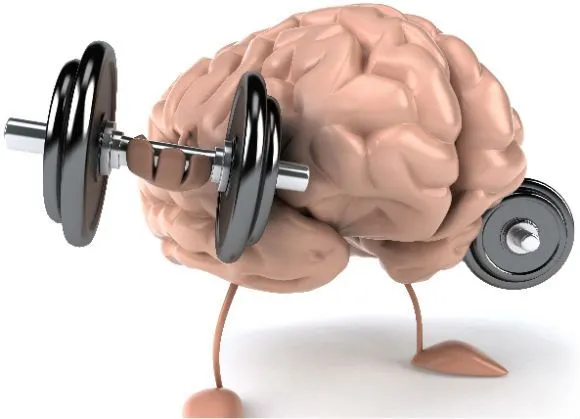What is Muscle Memory and Why is it Amazing?
Have you ever played a sport? Do you play a musical instrument? Can you drive a car? Can you write that formula even though you don’t consciously remember it? If you can do any one of these things, you’ve used your muscle memory. There are countless other tasks in addition to these that utilize your muscles’ unique ability to encode information from repetitive actions into your memory and learning.
Muscle Memory is a neurological process that allows a person to retain specific, repeated motor skills into their long term memory without conscious effort. This is why even if you haven’t used your bike or if you haven’t swam in a long time, your muscles will still perform the same basic actions without actively using your memory. It may take some time or some practice to get back to where you used to be in your skill level; however, it would take significantly less time to relearn the movements.
Muscle memory is especially handy because it can potentially last from 15 years to basically forever. Muscle memory is extremely useful because it allows our brains and nervous system to divert our conscious efforts to other important tasks, such as planning and decision making; nevertheless, the brain still uses active processing and procedural memories for motor skills, but you’re just not consciously aware of it.
Muscle memory is essential for everyone, but it’s extra vital for an athlete consistently training and learning new techniques. For example, a boxer in a match can quickly evade their opponent because they have better reflexes and their muscles react better. A dancer may be able to learn routines faster, which allows them to train more and perform better. In addition, muscle memory enables athletes to take rest days and breaks as they’re able to learn new skills faster and faster. This is because an untrained body takes more time and effort to train compared to a body that has muscle memory.
How Does Muscle Memory Work?
Muscular memory is a neurological process that involves motor movement, learning, and procedural memory integration. In a research study done in mice, investigators learned that after and influx of new training, nuclei in muscle cells rapidly multiply, but after going for certain periods without use, these nuclei still aren’t lost. These nuclei continue to be stored inside muscle fibers and are ready to be activated without the need of extra training. When there is a small injury to these fibers during exercise, they can be slightly damaged; however, this is part of a larger process in which the muscles actually get stronger. Satellite, or dormant, cells migrate to the site of the damage and add more nuclei to the fibers. This in turn allows the muscles to grow and retain muscle memory.

Research studies are also investigating the role of genetics in muscle memory. When a person exercises or uses certain muscle groups, targeted genes automatically switch on and off. This triggers a cascade that enables the construction of important proteins in the cells. Eventually, this process aids motor and muscular strength, growth, and skills. Another study explores the muscle memory and age correlations. An interesting fact is that muscle memory never stops, regardless of age. If you’re planning to learn some new skills or improve ones that you already have, just remember that you’ll always have muscle memory on your side. All you have to do is activate it.

